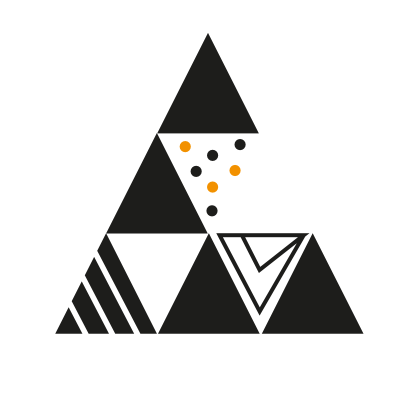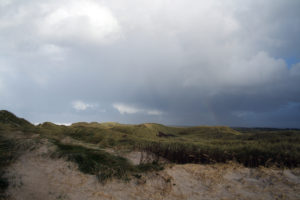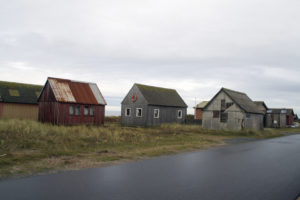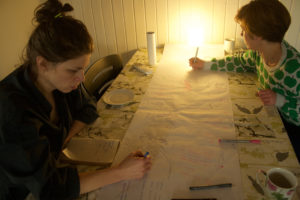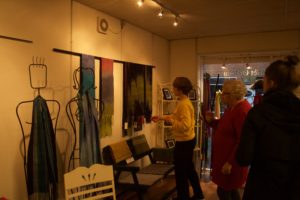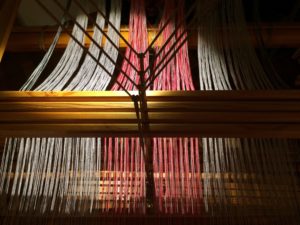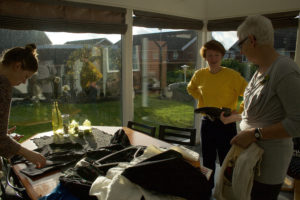The story of The Craft Atlas
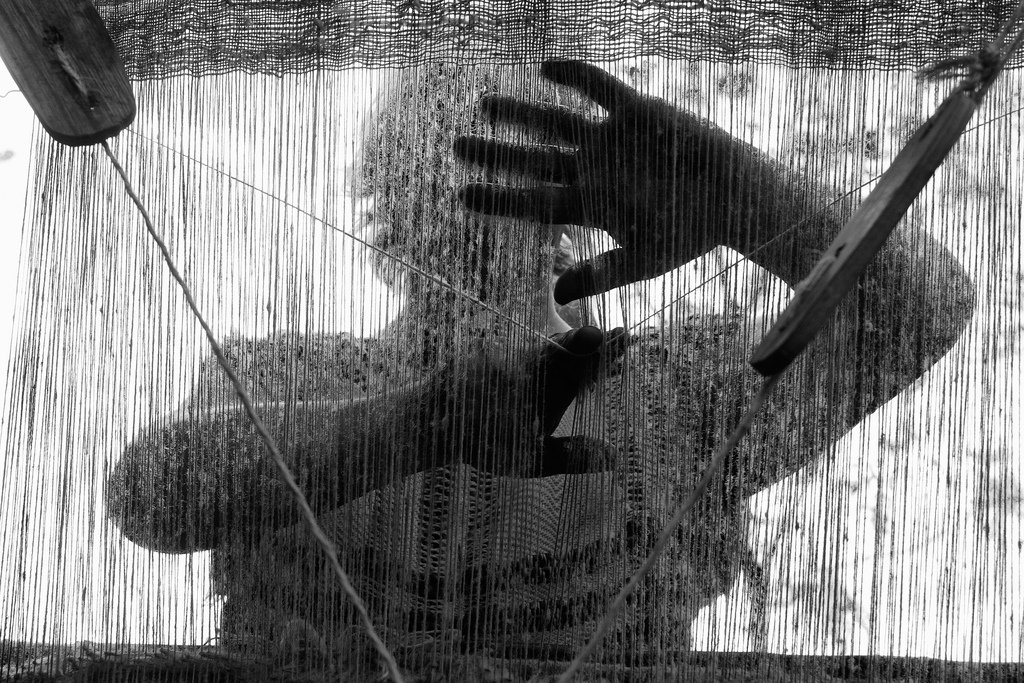
The beginning of this project came when the two founders – Cecilia Palmér and Anja-Lisa Hirscher – reflected after a long upcycling workshop-day at a maker fair in Helsinki and discussed their shared experiences and visions for a more fair and sustainable way to design, produce and consume fashion. Cecilia had – in her work as a fashion designer, or while casually discovering textiles at home or while traveling – often been in the situation of finding a beautiful piece of cloth, an embroidery, an artful applique, wondering where it might be from or what it actually meant — just to realise it would be difficult to find out without taking the object along to one, two, five experts that could tell more. The idea for a visual, interactive database, a map to discover more about those treasures and their origins, grew out of a need for those new tools. Anjas shared interest in the knowledge and skills inherited in traditional craft production was the starting point and consisting passion for further developing what was to become The Craft Atlas.

In a first ideation workshop in Berlin, we framed The Craft Atlas to become a platform offering in-depth knowledge about types of textile crafts, their origin and artisans practicing these, to enable designers incorporating this traditional craft knowledge with contemporary art and design. The idea was to promote traditional artisanal work as a form of unique design expression, both on individual and cultural level. This would bring artisanal means of small-scale production into the focus area and enhancing their unique value as not only traditional but contemporary form of design expression. In an era when the diversity and richness of aesthetics of the world has been traded in for a narrow scale of products fitting the cycle of mass-production, we wanted to explore exactly the regional differences and specialties. Focusing and highlighting the value of embedded knowledge, skills and rare techniques, and interweave this aesthetic, skill and mode of production in state-of-the-art design.

We met ethnologist and jewellery designer Mima Pejoska, who brought the artistic expression through traditional crafts into our discussions. With her we considered possibilities to bring awareness to the local communities about the cultural importance of their regional crafts. She pointed out that in the traditional methods for manufacturing are usually unrepresented on the arts scene, where the focus is often on developing new techniques. Therefore, we thought, that the project could not only explore the possibilities surrounding the use of different craft techniques in different forms of expression, but it would also help revive the interest of the younger generation in preserving them, as she is doing in her work.
Another important contribution to our discussions was given by Alice Holmberg. Together we received a planning grant from Nordisk Kulturfond, to facilitate a 3-day intensive ideation workshop on Nordic crafts and local, cooperative business models for a small-scale production prototype in Denmark. We were elaborating the questions of what is the role of crafts in a pre/post industrial production? And how we, as designers can support traditional craft practitioners? We did a first field study on possible collaborators (designers and practicing artisans) to possibly in the future experiment with a local cooperative model for a small production line “Made in Denmark” to be showcased as a project on The Craft Atlas page.
Impressions from the 3-day workshop in Denmark:
With the very valuable input of all this creative people we are happy to launch a first version of The Craft Atlas today. This platform is open for contribution, adaption and iteration over time, by us and by others interested in design, crafts, and cultural heritage, to grow organically. We are thus happy and looking forward to your feedback, ideas and writings on crafts, artisans or project journals you feel should be added here.
Looking forward to your comments!
Cecilia & Anja
Ulm, Germany, June 2017
